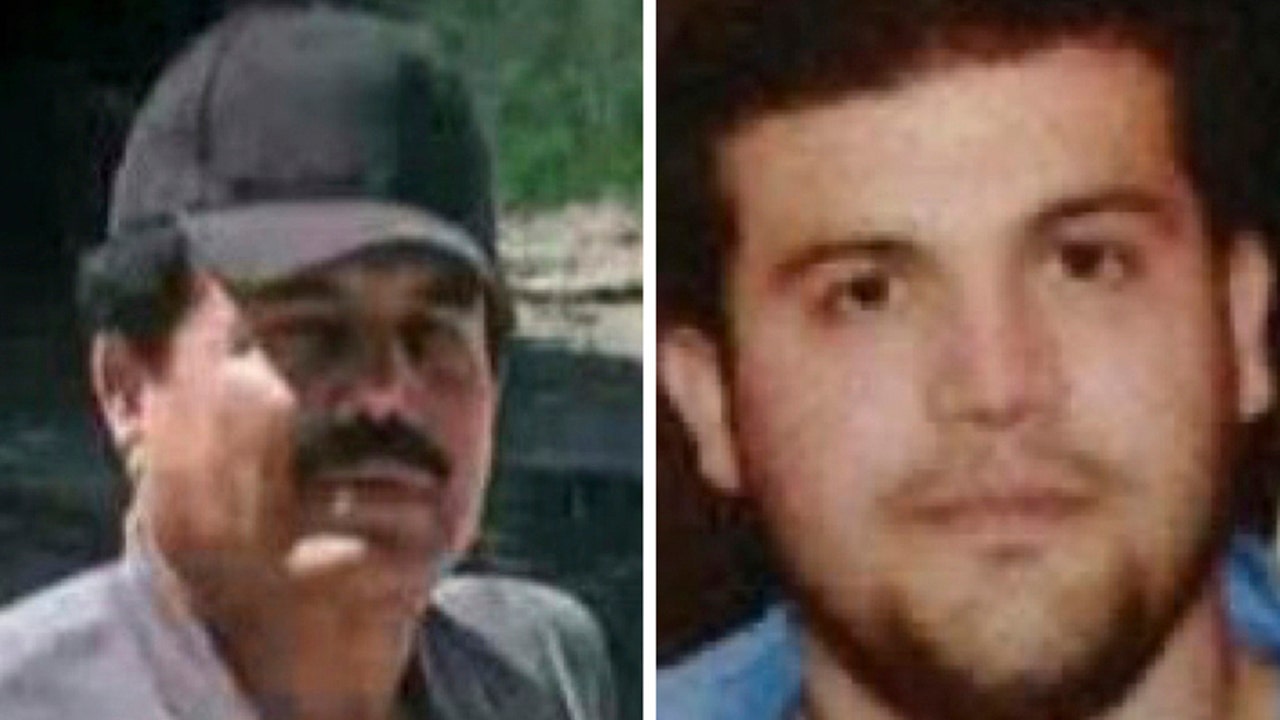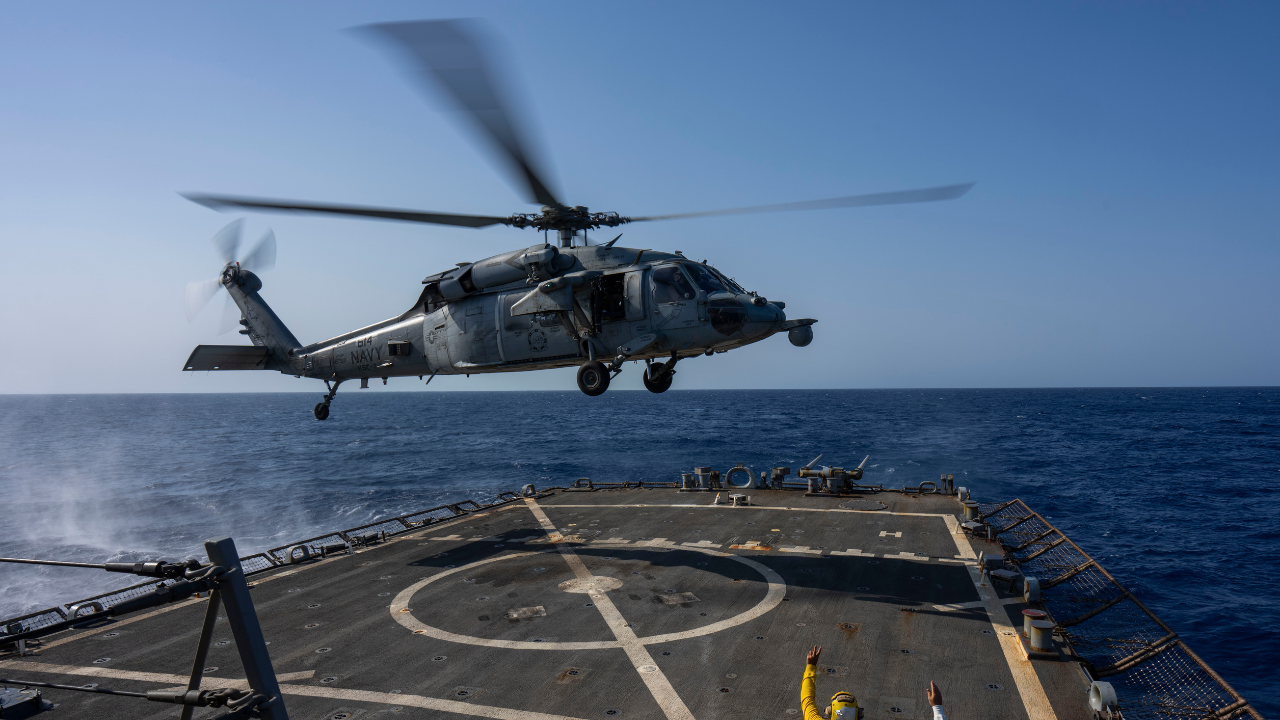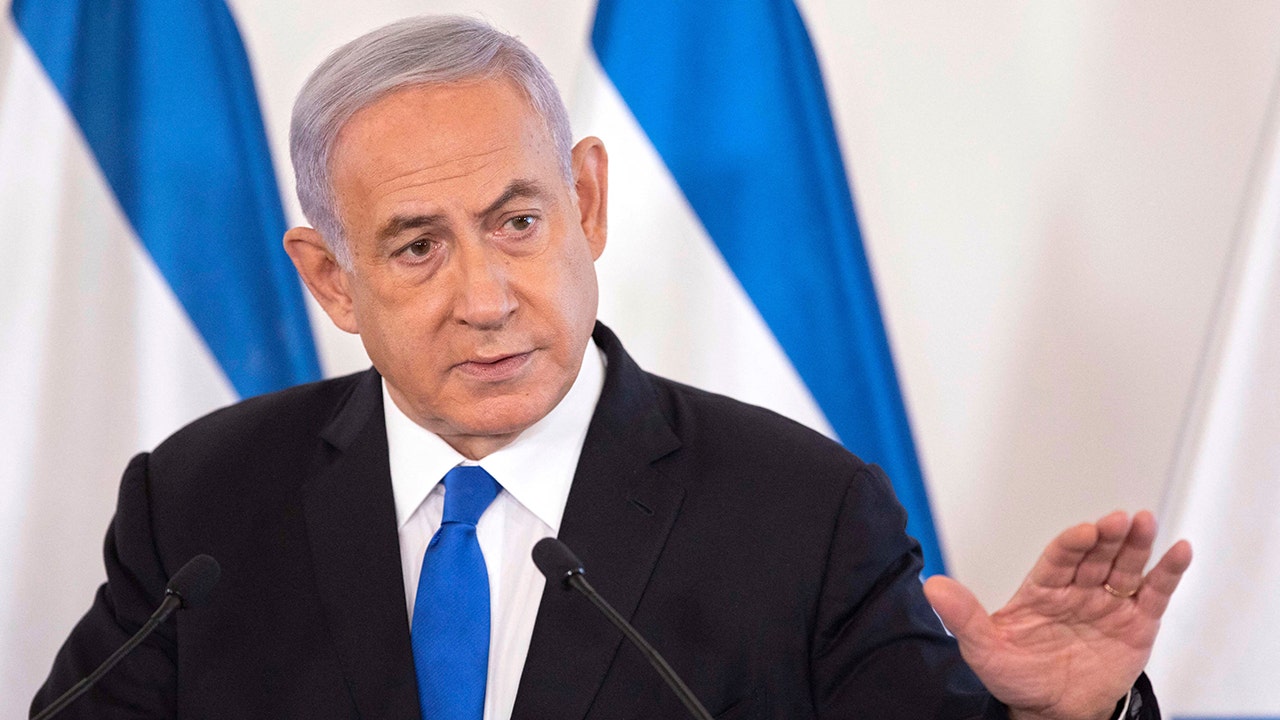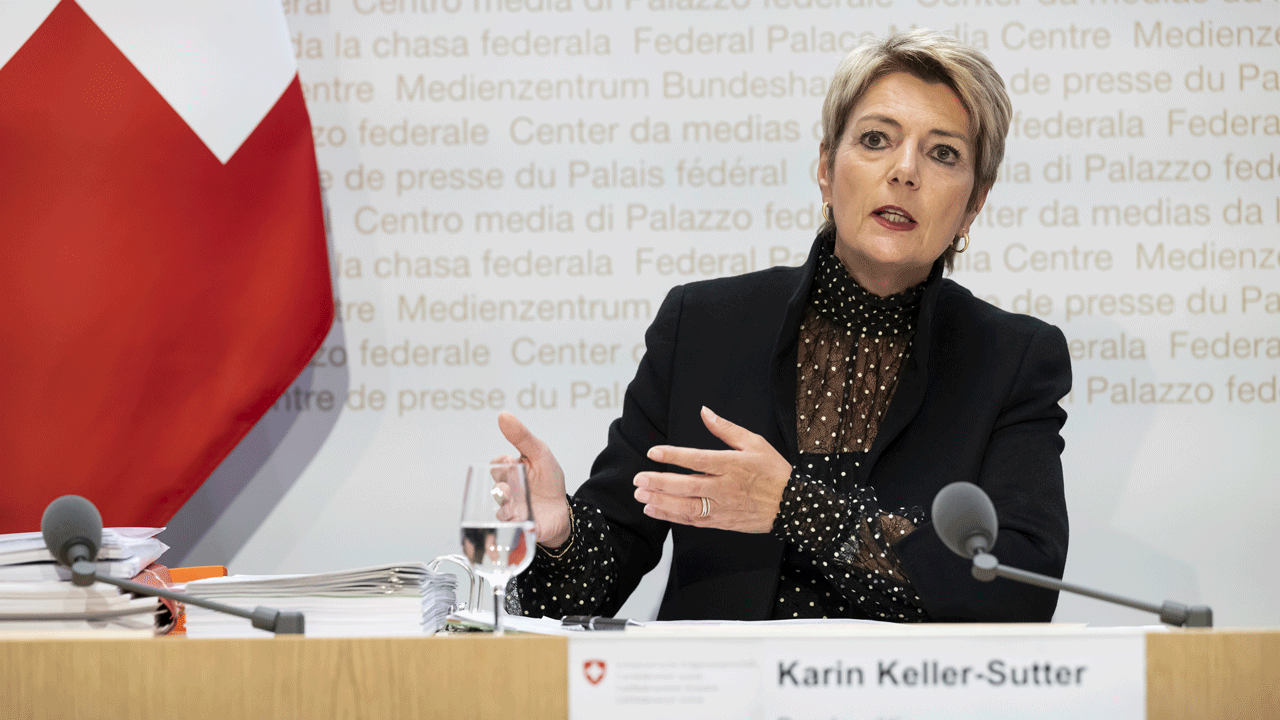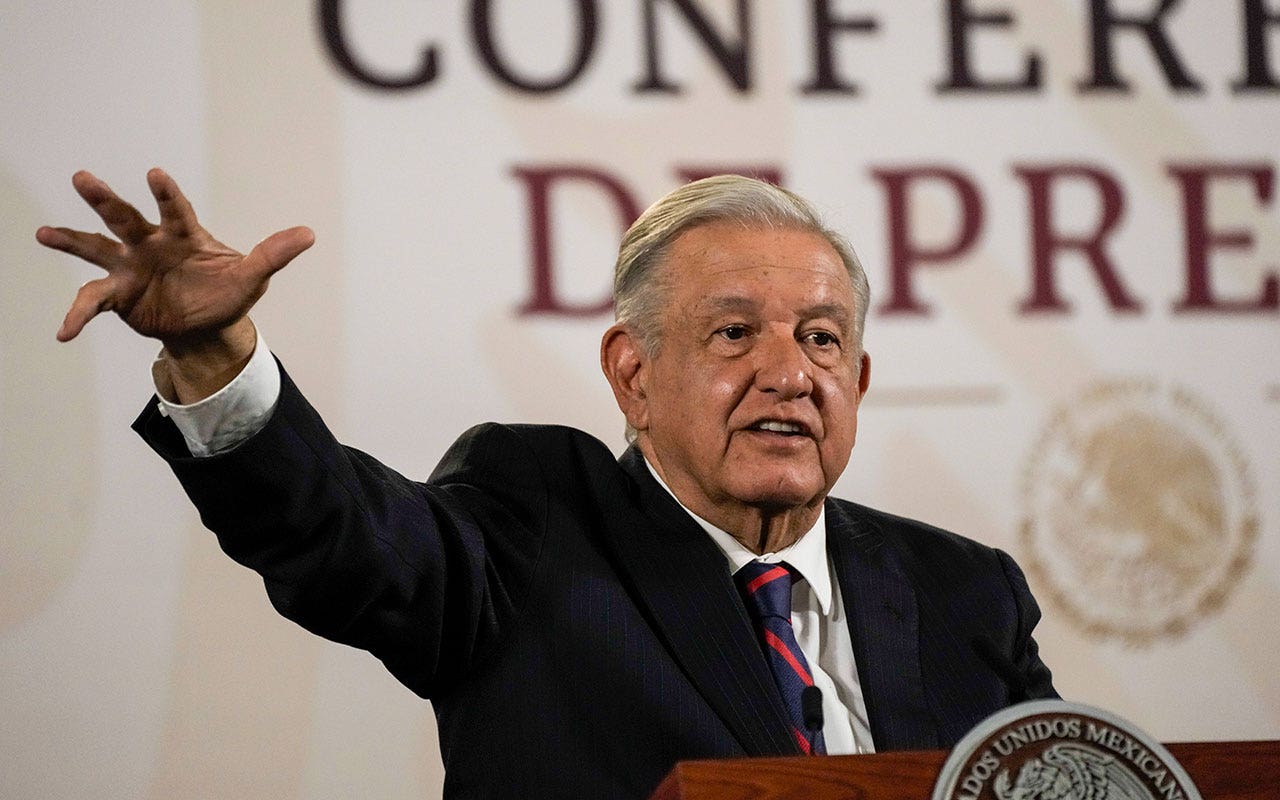In the months after he was taken hostage in Israel and hidden in the Gaza Strip, Andrey Kozlov’s captors kept drumming in the same message: The world, they said, had given up on him. Even his family had moved on.
“Your mom is on vacation in Greece,” the militants told him. “Your mom doesn’t know about you at all — and doesn’t want to know.”
So persuasive were they that when Israeli security forces burst through the door of the apartment where Mr. Kozlov was being held on Saturday, he was at first unsure of whether they had come to save or kill him, his parents said in an interview this week during which they recounted his ordeal.
The account of Mr. Kozlov’s eight months in captivity came as a doctor in Israel reported that while he and the three other rescued Hamas hostages seemed to be in fairly good condition at first glance, tests showed that all were malnourished. And all, said Dr. Itai Pessach, the head of the medical team for returning hostages at Sheba Medical Center, had suffered mistreatment in varying degrees of frequency and intensity.
“They were all abused, punished and tortured physically and psychologically in many ways,” he said.
Dr. Pessach said the hostages he had examined had lost a lot of weight, though they gained some back, and their muscles were “extremely wasted.” The mix of poor nutrition, confinement, lack of sunlight and stress that they endured may have long-term implications for their health, he added.
Hamas says it has treated the hostages well compared with Israel’s treatment of Palestinian prisoners, a claim that Israeli officials deny.
Sheba Medical Center, which is on the outskirts of Tel Aviv, has been the first stop for dozens of captives who were taken in the Hamas-led assault on Israel on Oct. 7. Of the 251 people who were abducted, according to Israeli officials, seven were rescued. More than 100 were released in November in an exchange for Palestinians held prisoner in Israel. At least a third of the about 120 captives who remain in Gaza are no longer alive.
The rescue on Saturday was accompanied by intense airstrikes and significant casualties in the neighborhood where the hostages were being held. Local health officials put the death toll at more than 270, including children, but did not say how many were militants.
In Gaza, those deaths added to the despair in an enclave where, local officials say, at least 36,000 Palestinians have been killed since the war began. In Israel, the rescues lifted the public mood, but also offered a reminder of the plight of hostages still being held.
“He said it was very difficult,” said Mr. Kozlov’s mother, Evgeniia Kozlova, who, along with his father, Mikhail Kozlov, spoke to The New York Times in Tel Aviv. “It’s very hard to put into words.”
For much of his captivity, Mr. Kozlov’s family said, the militants bound his hands and feet so tightly that the restraints left marks on his body. They also told Mr. Kozlov, a 27-year-old Russian Israeli, that his government had concluded that the hostages were a burden, Ms. Kozlova said.
“They were telling Andrey to be very quiet because they, the hostages, are a problem for Israel,” she said. “They said Israel can solve this problem any way it wants, including killing the hostages so they don’t have to think about them anymore.”
Mr. Kozlov went outside only at night, when he was being moved to a new location, his mother said.
Dr. Pessach said it was critical to allow newly freed hostages to make their own choices after months of having others decide for them. But in their first hours of freedom, he said, there is something else they seem to crave: to see the sky.
“We have learned we need to take them out on the first evening they are here,” Dr. Pessach said.
Mikhail Kozlov said that he and his wife would have preferred that their son win his freedom through negotiations, but that in the end they had just wanted him back. He lamented the Palestinian civilians killed during the rescue.
“If there was such a possibility to avoid these victims, it would be much better,” he said.

